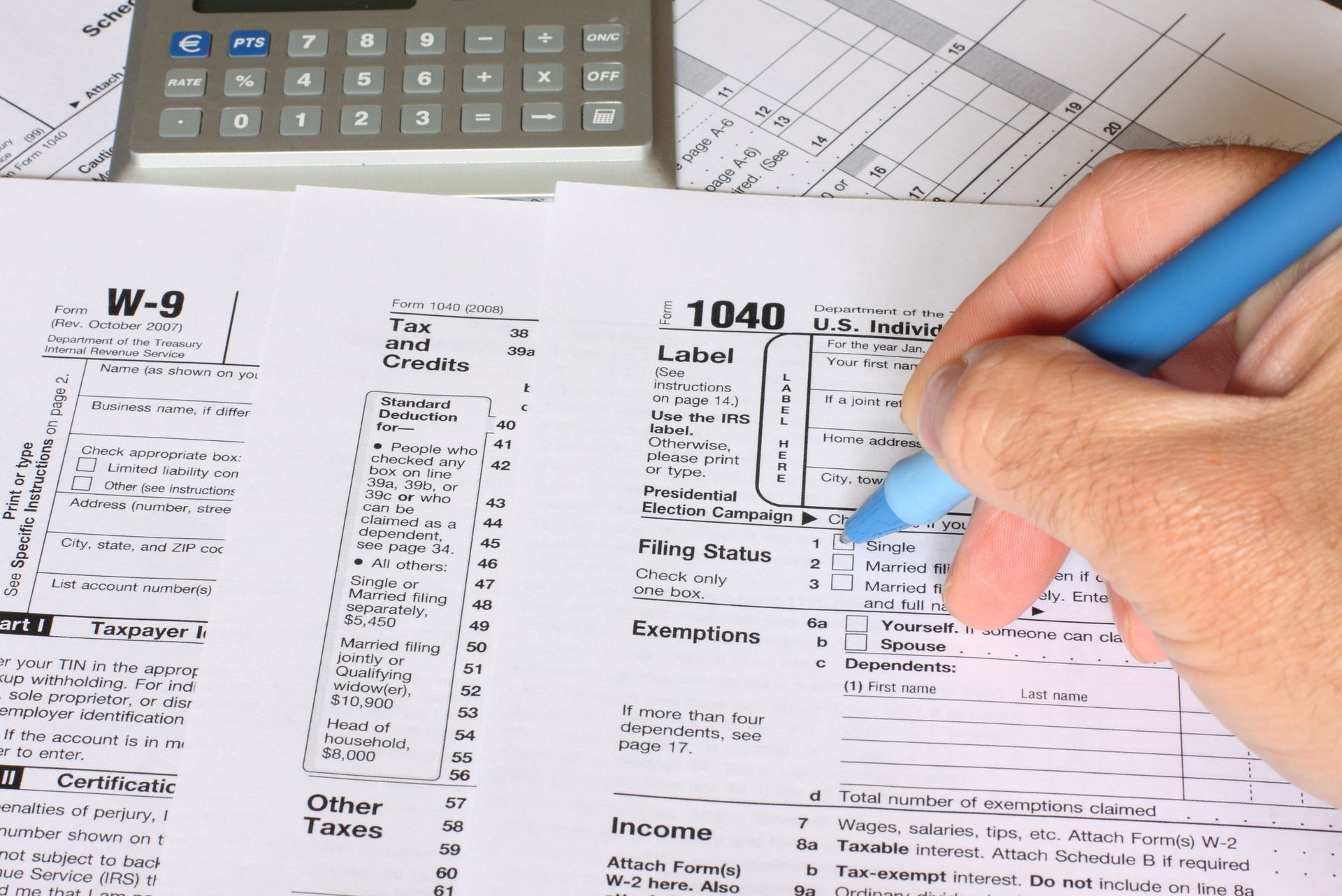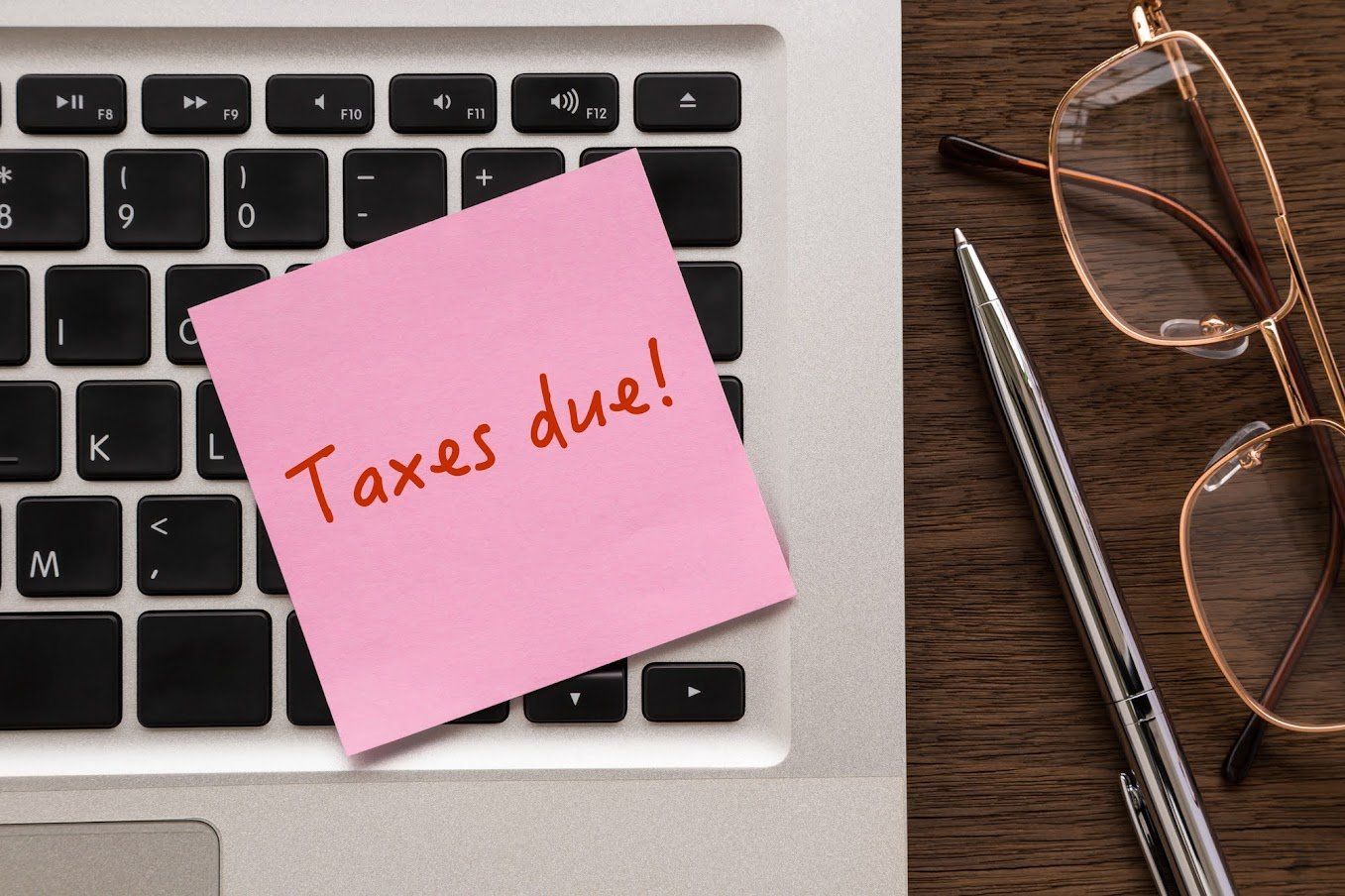4 Ways to Plan Business Continuity in the COVID-19 Era
Even as cities, counties, and states begin to reopen after mandatory closures of nonessential businesses, company managers are realistic about the ongoing effects of the untamed virus. Will customers return? Will employees be safe? Will sales continue to have ups and downs? Will new customer behavior be a permanent change? And will you have to close down again during new outbreaks?
While no one can foretell the future, small businesses must create a strategy to weather this situation in the long term while still keeping the business running. How can you do so? Here are a few key aspects of business continuity planning in the COVID-19 era.
1. Work With a CPA
The first part of your plan is to simply make a plan. Business planning is hard for many small business owners, particularly when they are already busy running daily operations. If you're not sure how to prepare for the next year or two, plan to meet with an experienced CPA (certified public accountant).
CPAs aid businesses with everything from choosing a business structure to planning for tax bills to understanding your legal obligations. A CPA can help you run scenarios, such as projections on how you would fare with the loss of a percentage of business or with a rise in certain costs. In addition, they can help you prioritize the right expenses, manage payroll, and identify the profit margins on products.
2. Boost Cross-Training
If an employee becomes sick — or is suspected to be sick — they may have to stop working for days or weeks. Can your business continue to operate without them? Assess each position and department in your company to determine what critical functions it performs. Make it a goal to train at least one other person (or ideally, several) to perform each critical task in an emergency.
3. Use Off-Site Operations
Many companies have shifted as many employees as possible to a work-from-home plan. Can you do the same? Arrangements for people to work from home has benefits even during good times — something particularly important during hard times. And if you suffer a regression into mandatory stay-at-home orders or your physical location becomes contaminated, business will not be interrupted.
In addition, consider outsourcing some of your other operations. If you opt for a CPA that provides bookkeeping, for instance, you aren't dependent on one single person to keep your accounts in order. If someone critical becomes ill, the CPA firm will be better able to adjust so that you have accurate books to work with.
4. Make the Company Nimble
The faster you can switch gears, the better your business will stay on its feet. Many retail businesses have already experienced the need to quickly shift from commercial sales to residential sales or from in-store sales to online sales. Can your company switch back and forth as customer interest or product availability ebbs and flows? Run test cases to improve before the need arises.
Being nimble may also mean lining up alternative vendors for key inventory as well as transportation. If you have former employees who have retired or industry contacts, talk with them about contracting to be on-call should someone become ill or sales soar. And even if money is not yet tight, work with a business bank to secure a reliable source of credit or funding.
Continuity of operations will be a struggle for many businesses over the next year or two, but you can stay ahead of the curve by planning now. Want to learn more strategies to adopt? Consult with Bliss & Skeen Certified Public Accountants today. Let us help you ensure that your business not only survives but also thrives no matter what you face.
















